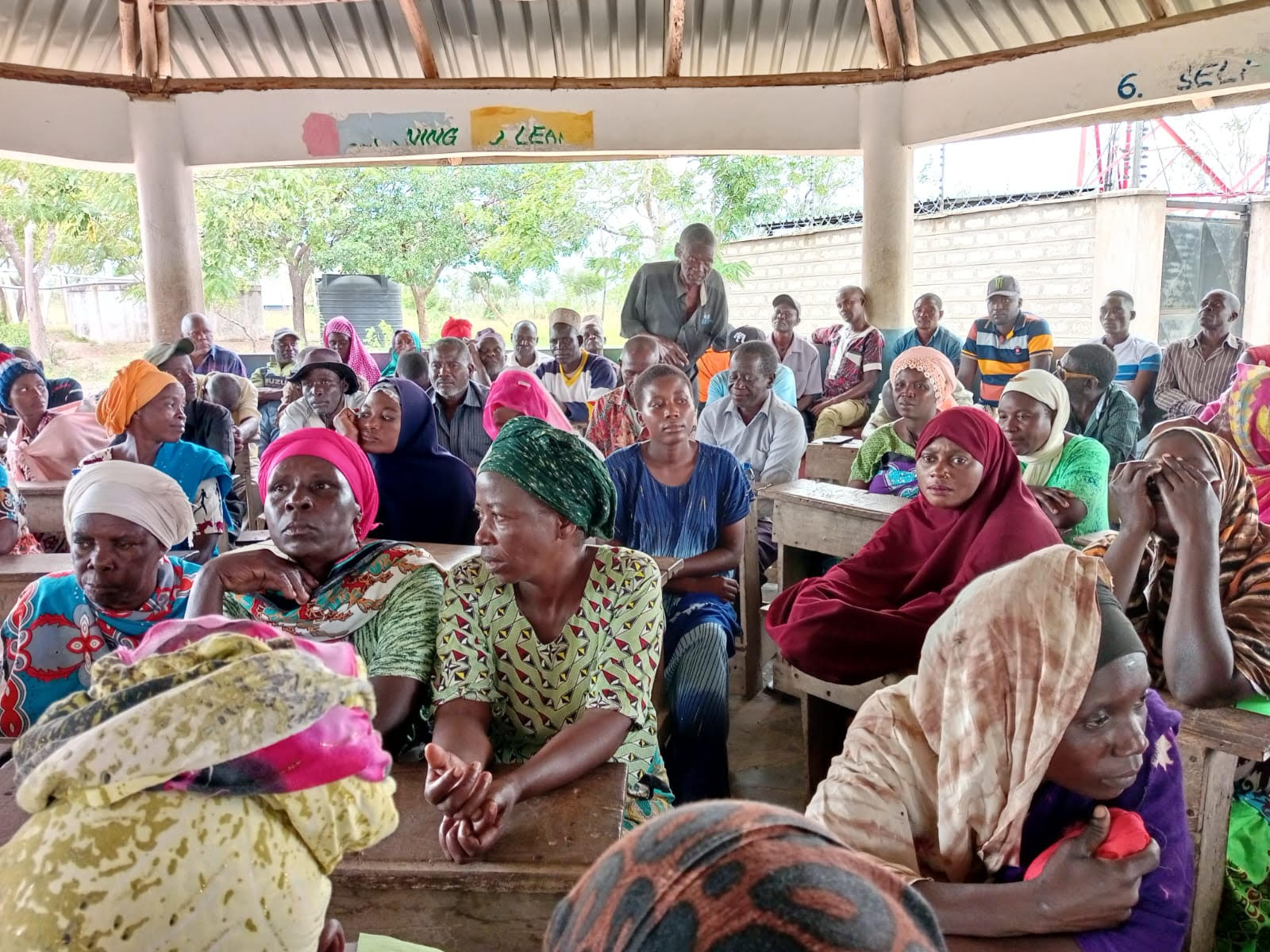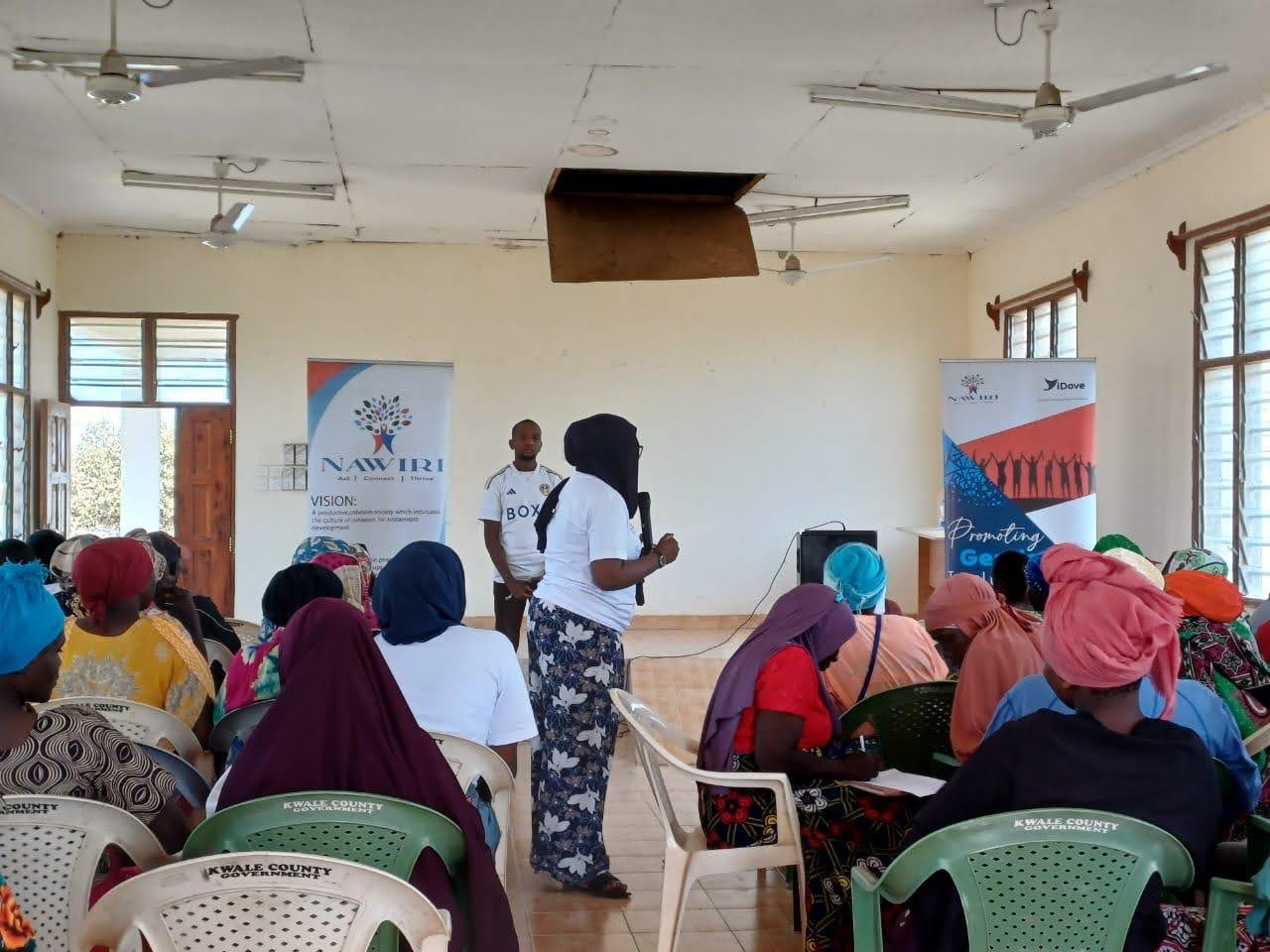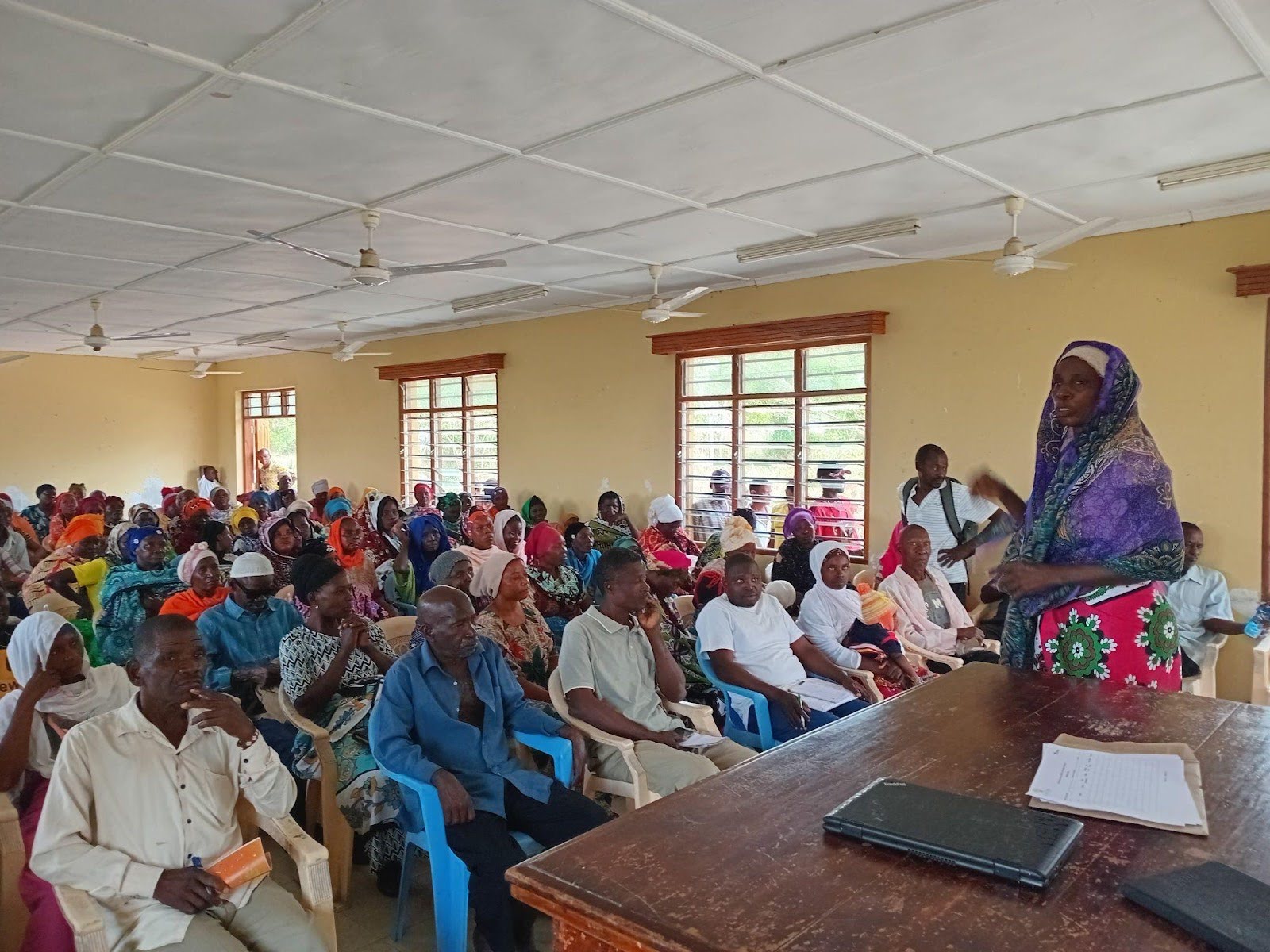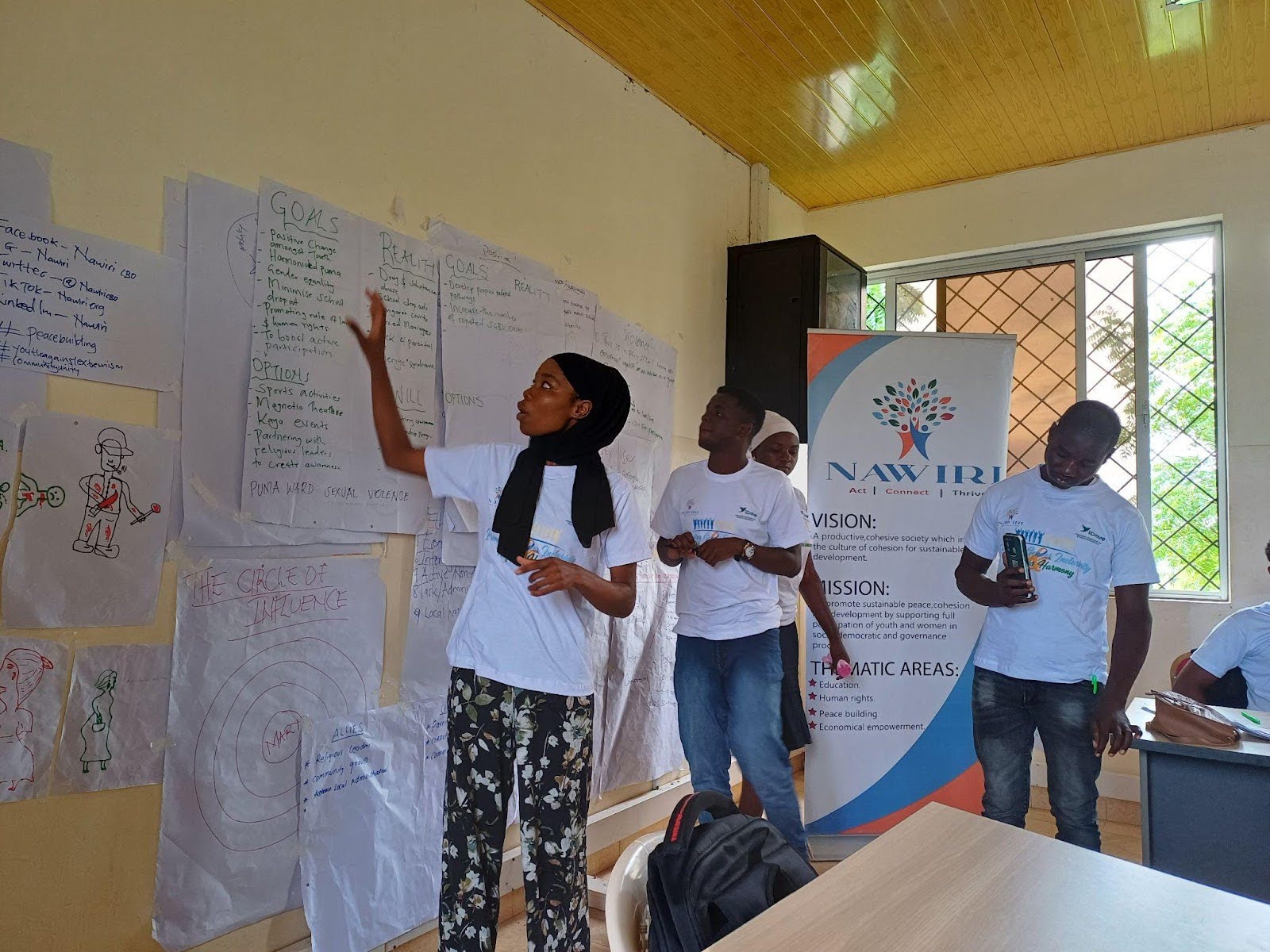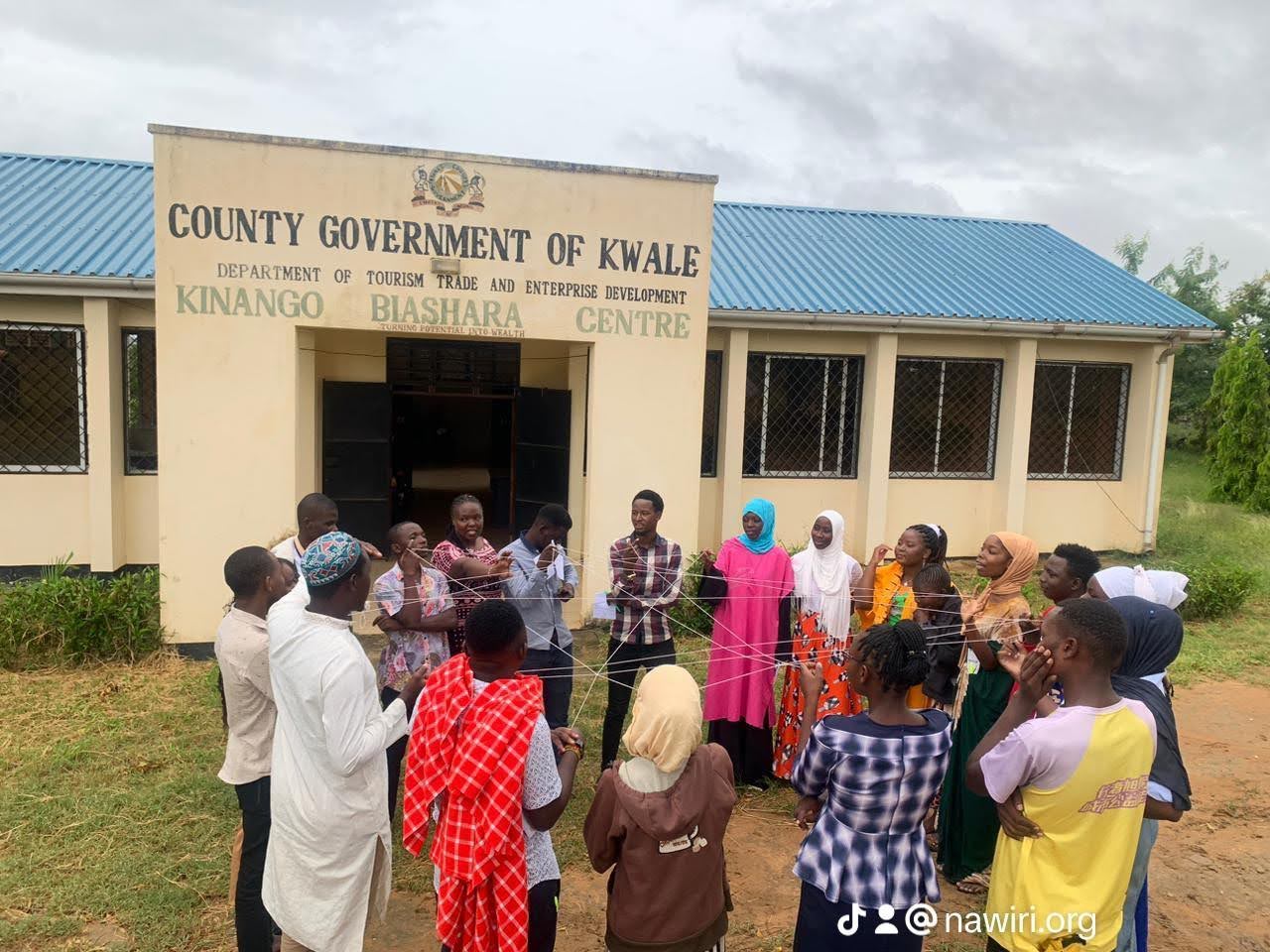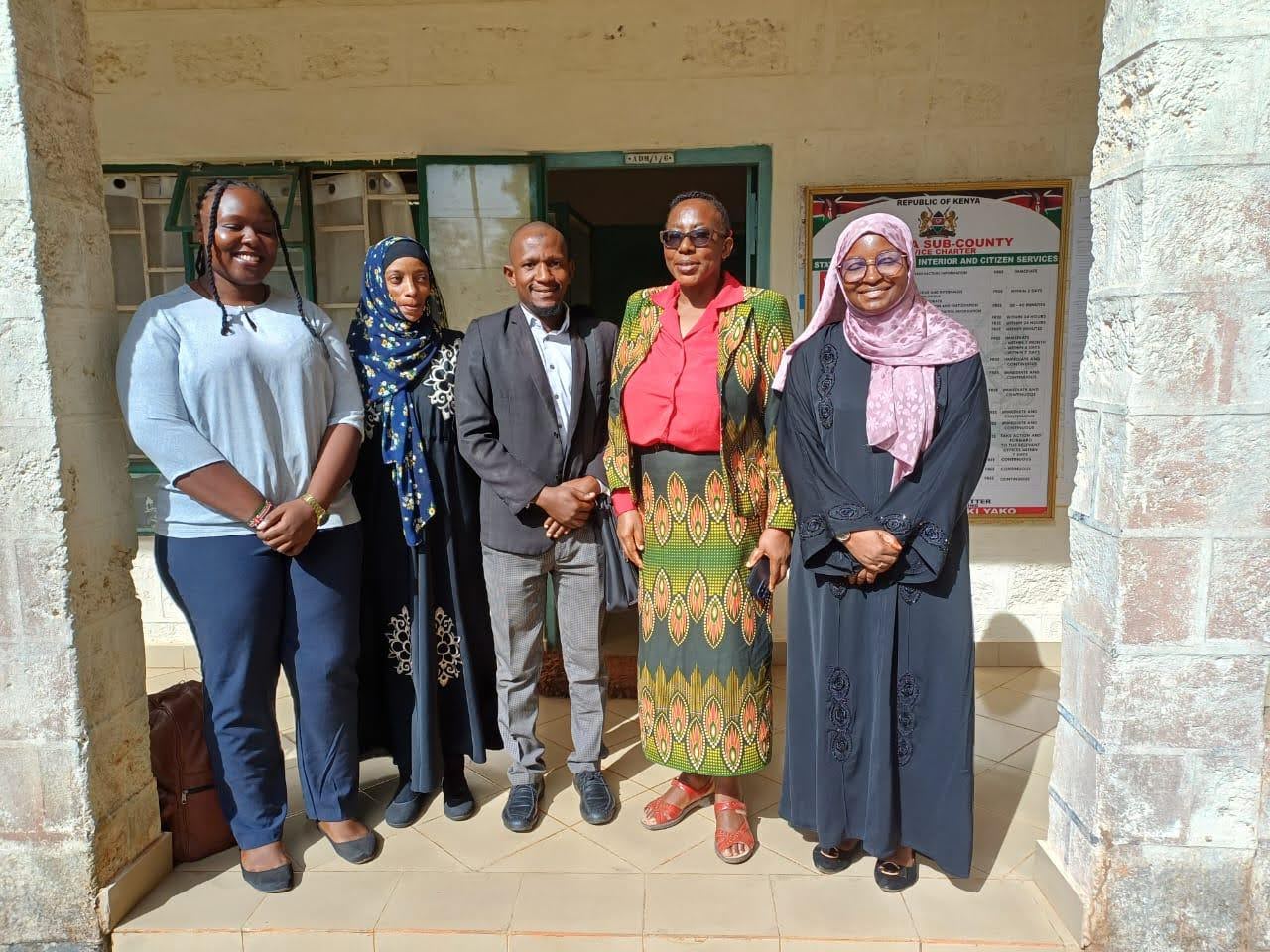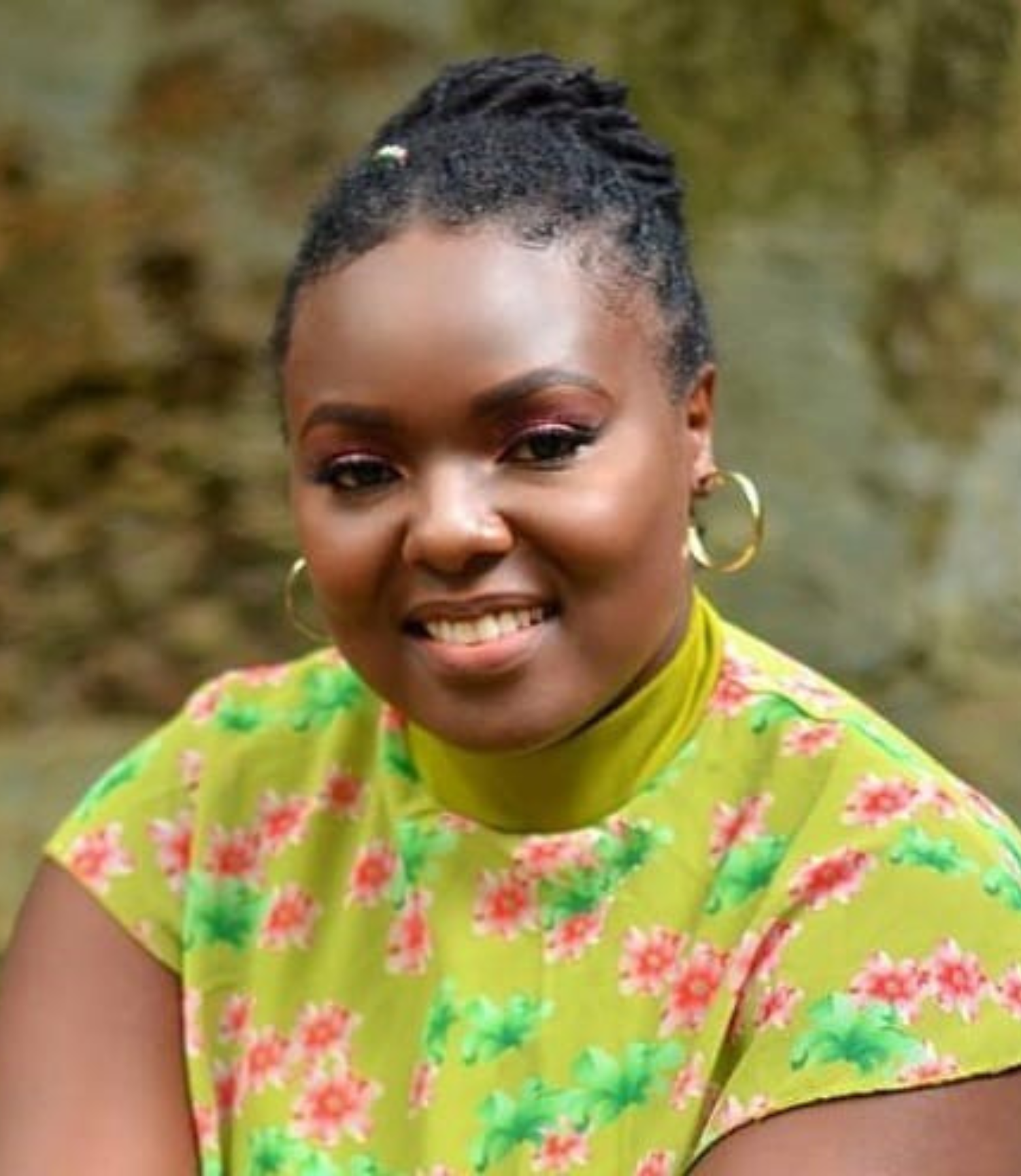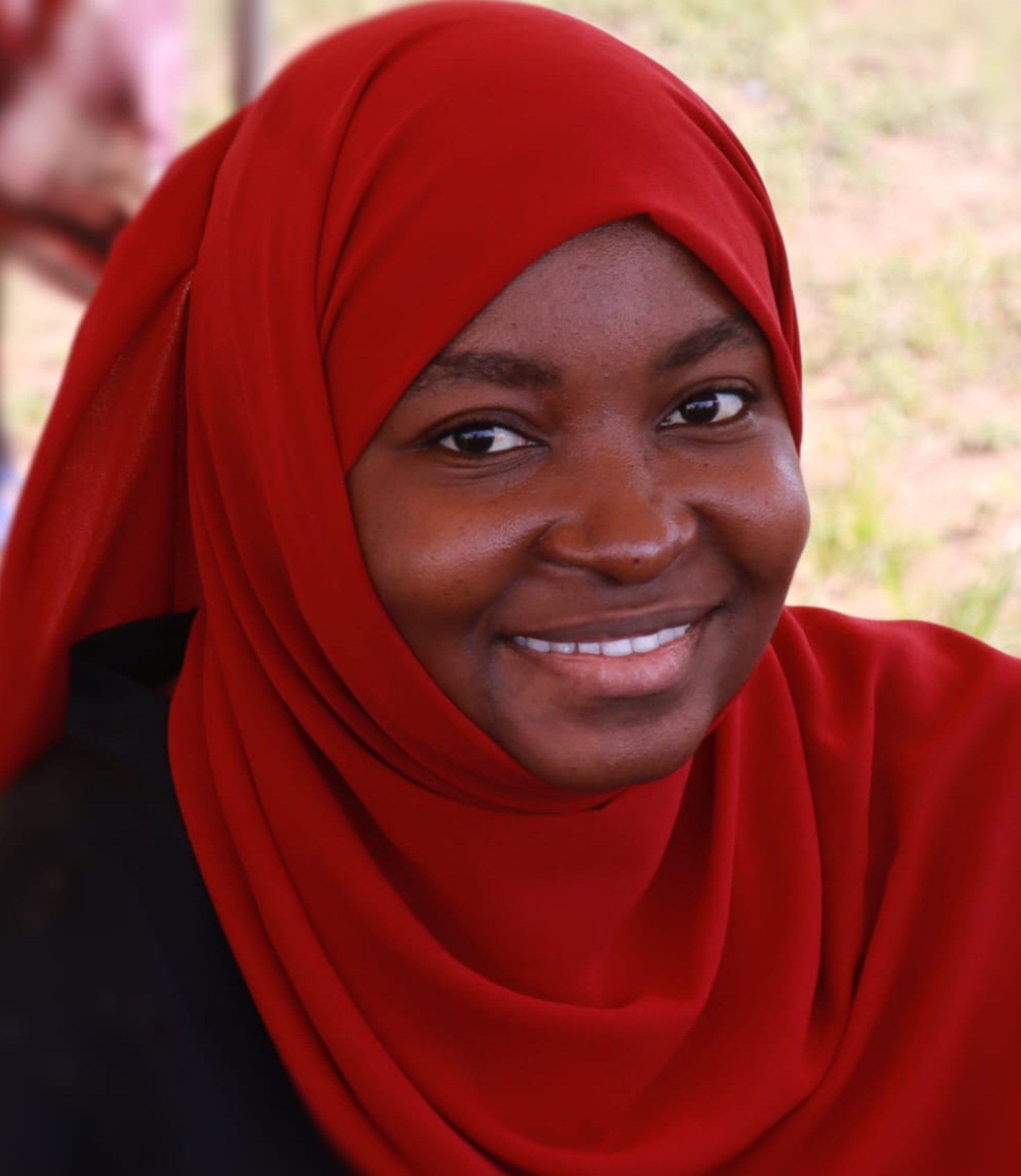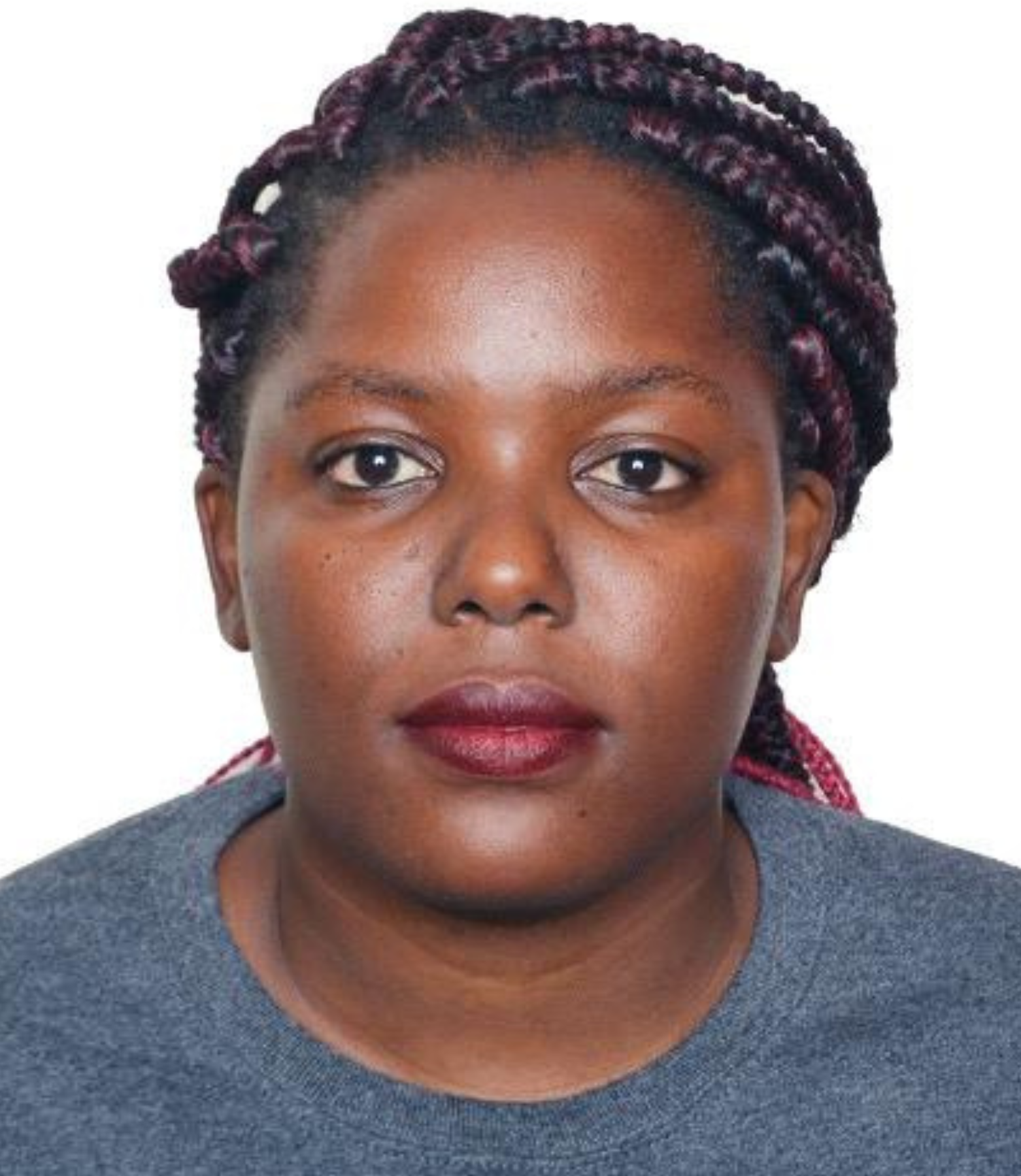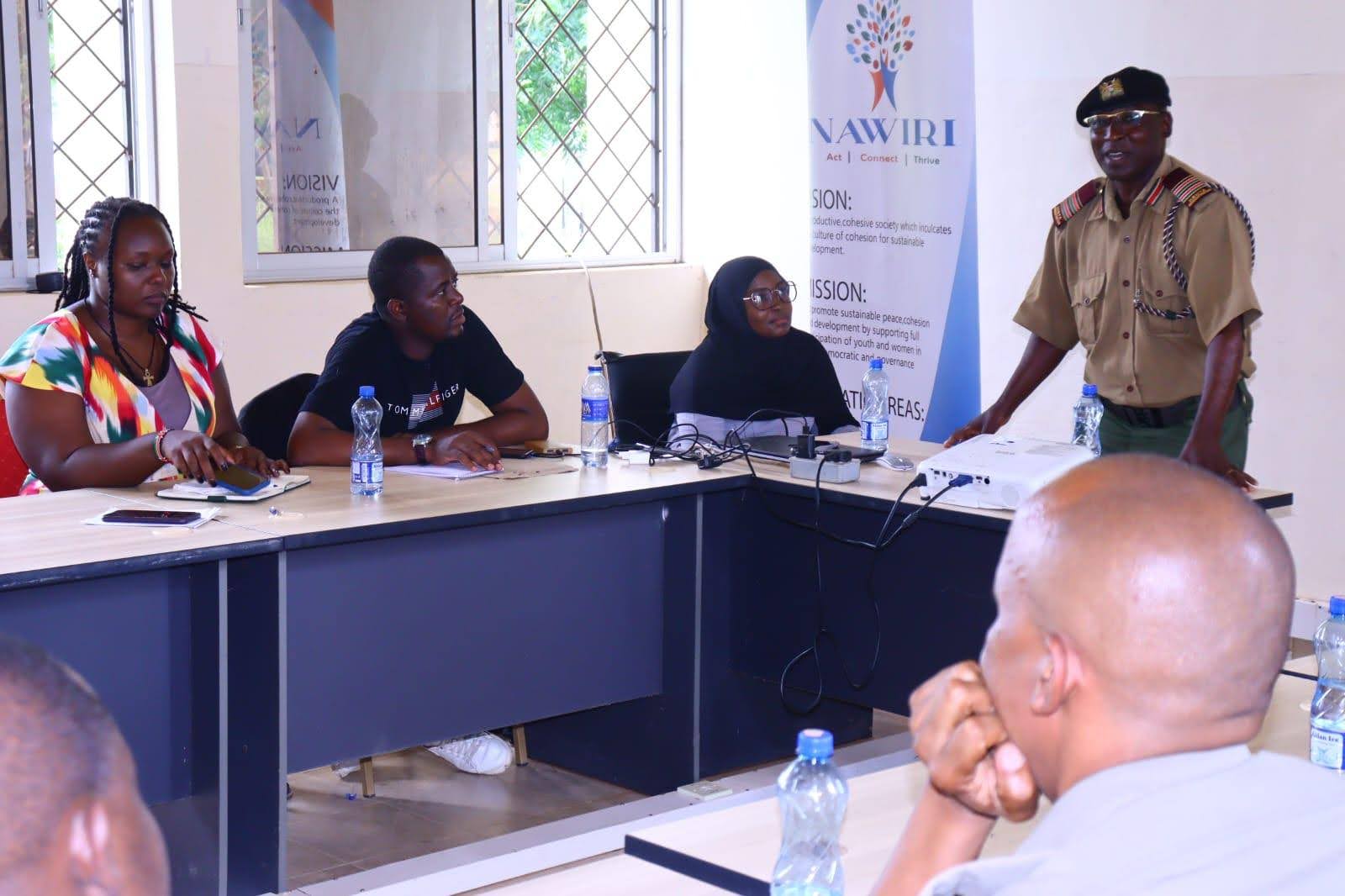Turning the Tide:
Nawiri’s Gender-Inclusive Approach to Countering Extremism in Kinango
iDove project implemented by Nawiri in the region of Kwale County, Kenya
The specter of terrorism looms large over the Kinango Sub-county in Kwale County. The community is being radicalized through various channels, such as through recruitment agencies and social media by enticing them with narrative sums of money and to acquire a sense of identity. This has been contributed by marginalization, unresolved grievances, the allure of adventure, andretrogressive cultural practices.
While both genders are susceptible to radicalization, young women and girls face additional risks. They are promised financial support and marriage. In addition to the trauma of losing a loved one, women and girls are disproportionately affected by the arbitrary arrest and disappearances, which have devastating consequences to their families and communities because they face economic hardship and social exclusion.
Nawiri creating safe spaces for women to take lead. Photo: Nawiri. 2024.
A troubling trend of disappearances among young people in the county has been raising suspicion of arbitrary arrest by the police and this leads to mistrust towards law enforcement agencies. Women are overlooked in discussions about security and justice, further marginalizing their voices and experiences. Regressive beliefs about gender rights and religious practices greatly contribute to gender-based violence and early/forced marriages. This dure situation contributes to school dropouts, exacerbated by the lack of proper education and information among the youth, making them susceptible to unwise choices.
To address this issue, Nawiri-CBO has launched the ‘Promoting Gender Inclusivity and Religious Harmony project with the overall goal of enhancing community resilience to violent extremism in Kinango Sub- County.
Community dialogues (barazas) happening in different village unites where the members of the specific community mapped up the retrogressive cultural practices that create room for violence that needs to be dropped. Photo: Nawiri. 2024.
Training of Trainers training of 20 peace champions who will later cascade the knowledge in their respective villages. Photo: Nawiri. 2024.
The Project Goals
1.
2.
Courtesy call visit at the office of the Kwale county Commissioner. In the photo: DCC, ACC1, Ideological pilar head and Nawiri team. Photo: Nawiri. 2024.
Beyond Conflict: The USHIRIKA Project’s Path to GenderJustice and Social Cohesion
Breaking Barriers: Empowering Yobe’s Young Women for Peace and Change
Meet the Nawiri iDove
Project Team
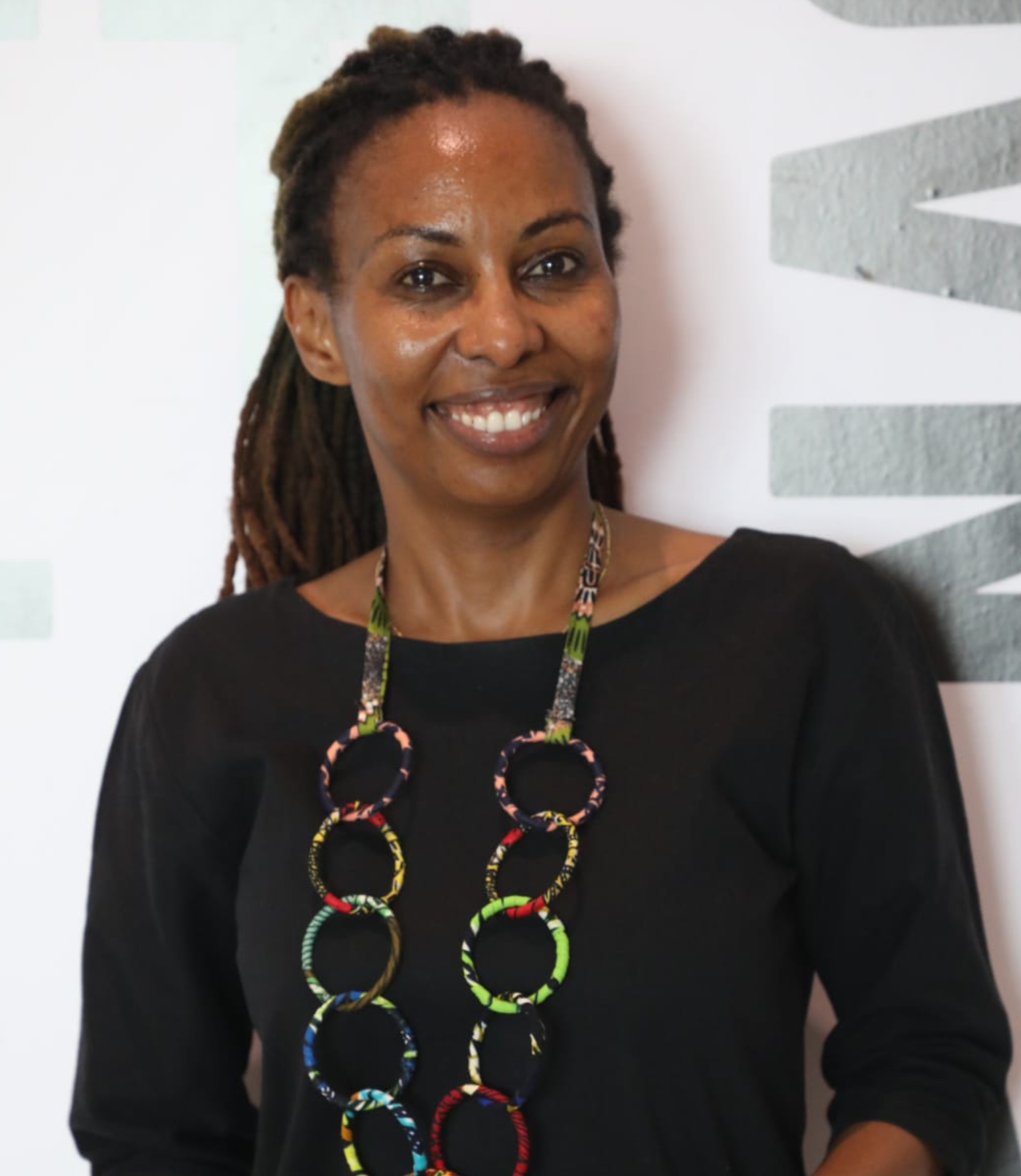
Regina Mutiru Mwendwa
Principal Programme Officer, National Cohesion and Integration Commission
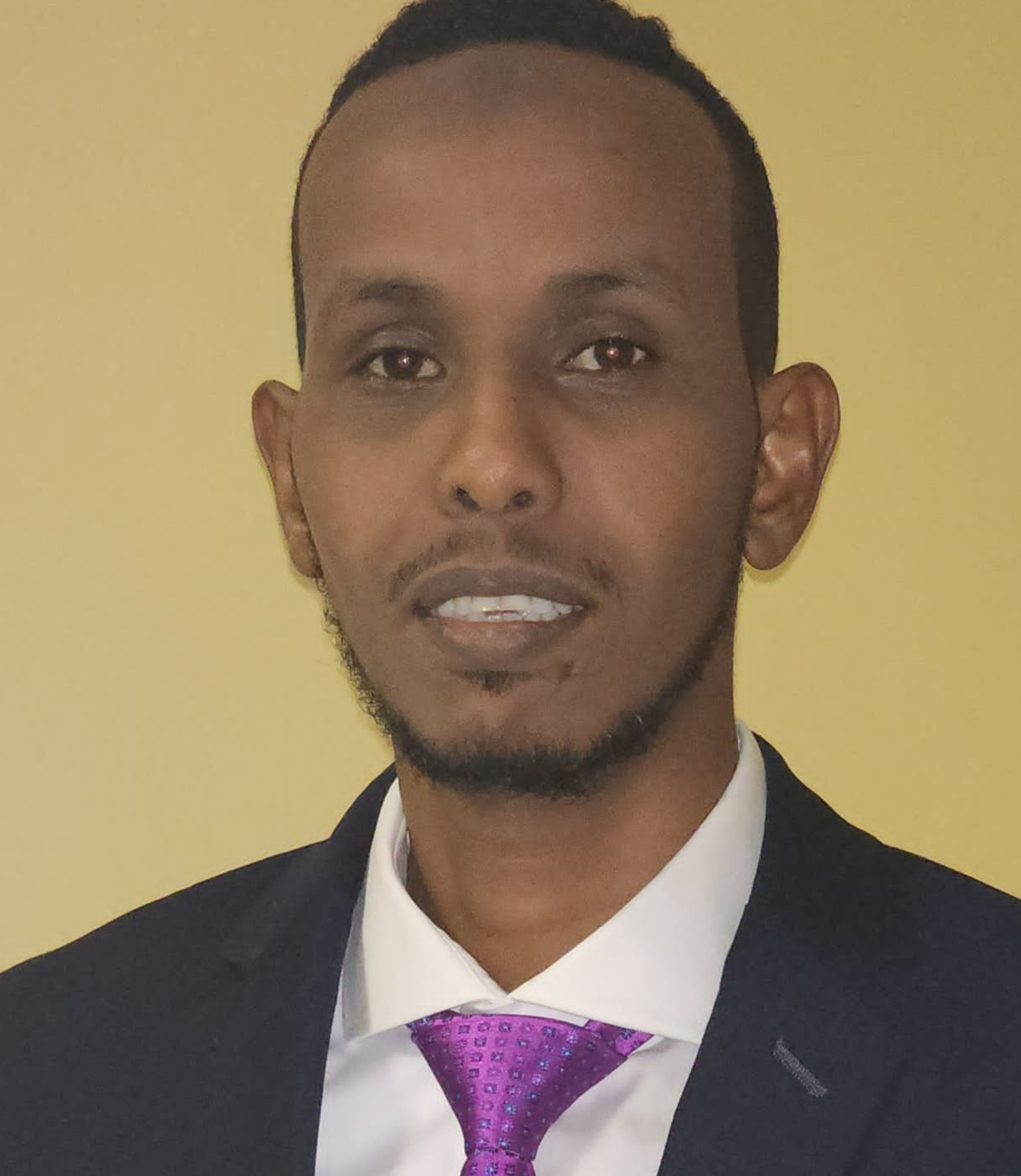
Issa Mohamed Hussein
P/CVE and Peacebuilding Practitioner / Monitoring and Evaluation Specialist, iDove programme
News
Training Initiatives
Promoting Gender Inclusivity and Religious Harmony
Impact Stories
Empowering Female Peace Champions in Kinango to Lead for Gender Inclusivity on PCVE
About iDove
The iDove program on Interfaith Dialogue and Prevention of Violent Extremism offers youth-driven, innovative solutions to prevent violence. Implemented by seven local organizations associated with iDovers—youth peacebuilders from Europe, Asia, and Africa—the program strengthens small-scale projects and supports broader iDover engagement. The Network for Religious and Traditional Peacemakers enhances these organizations’ capacity, ensuring timely, effective, youth-led responses to violence prevention. Visit the programme page.
Follow iDove on
social media

